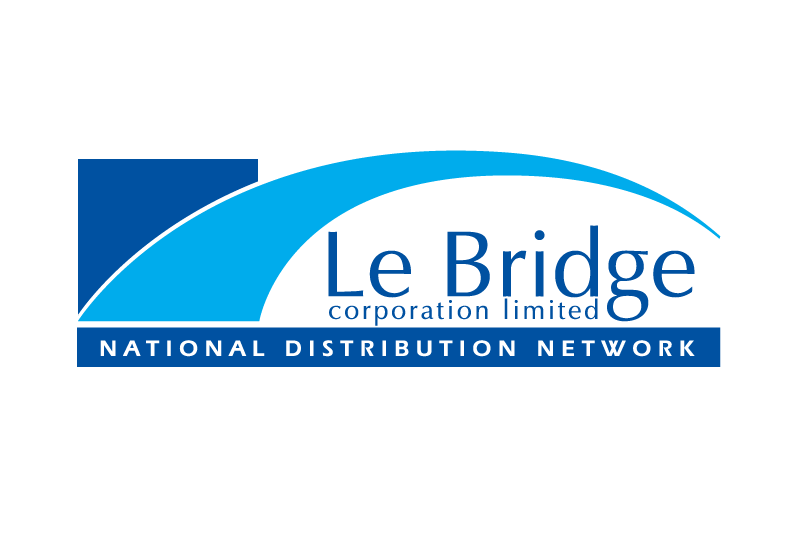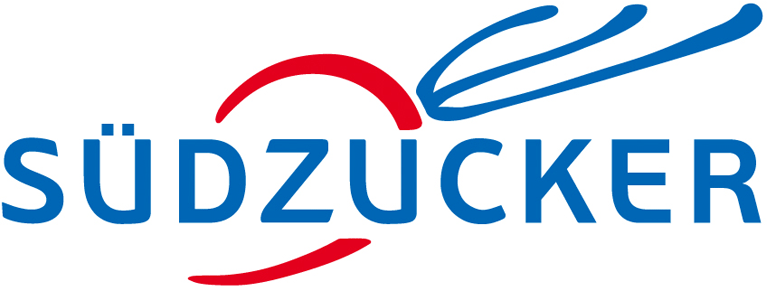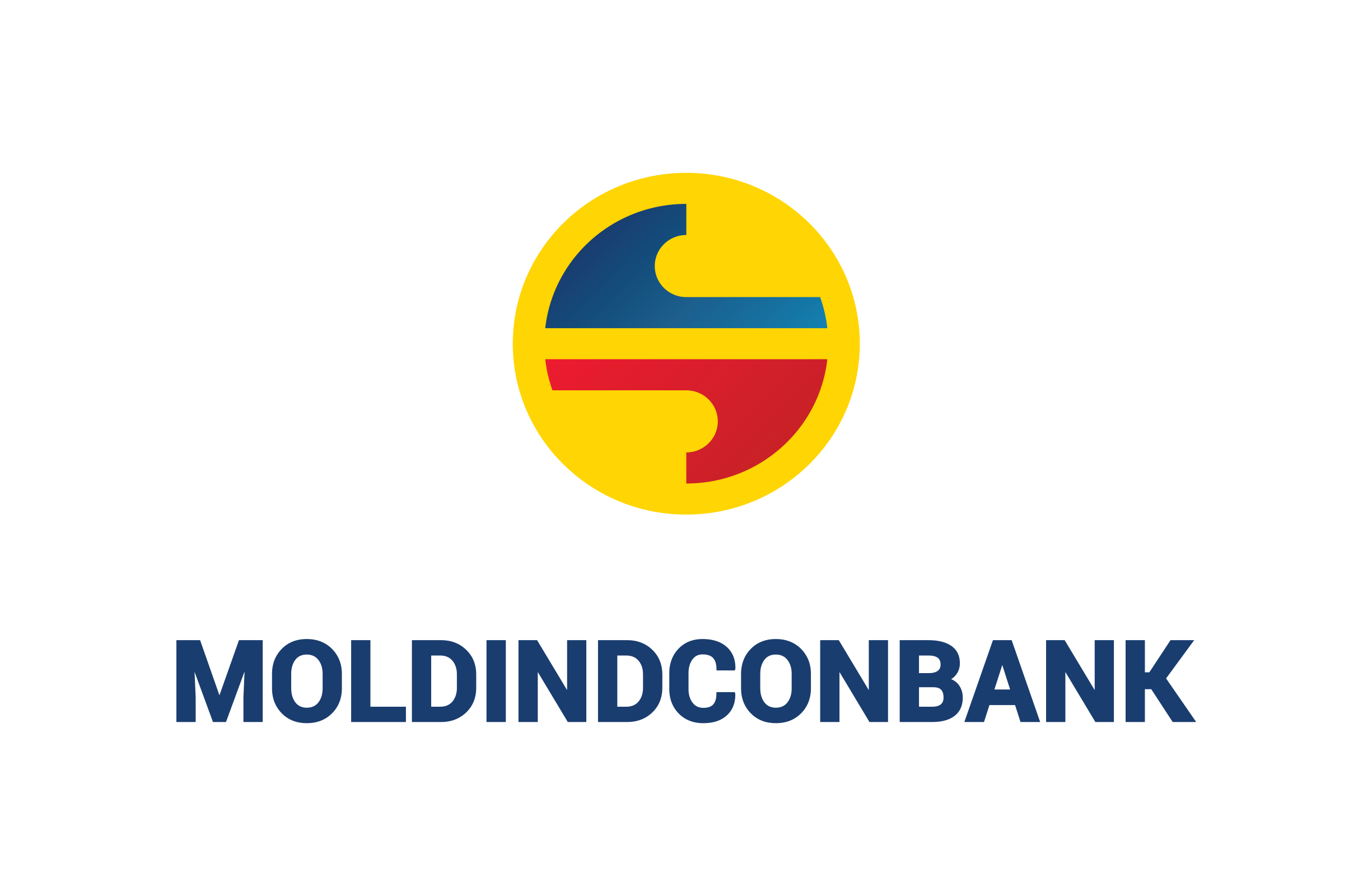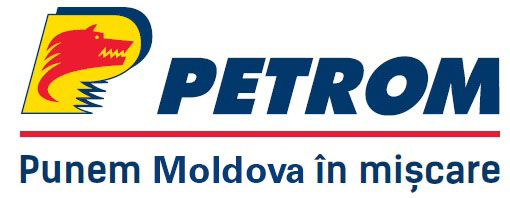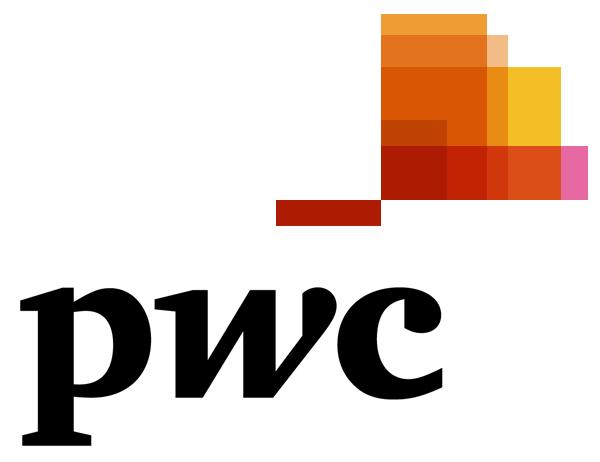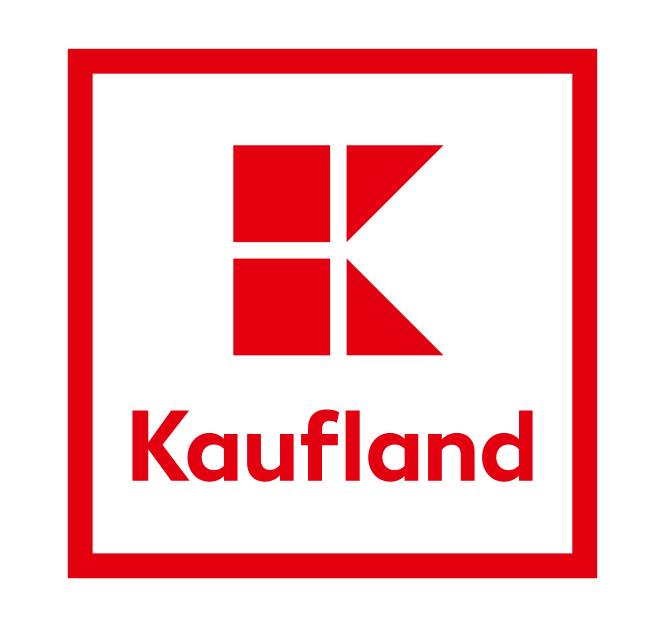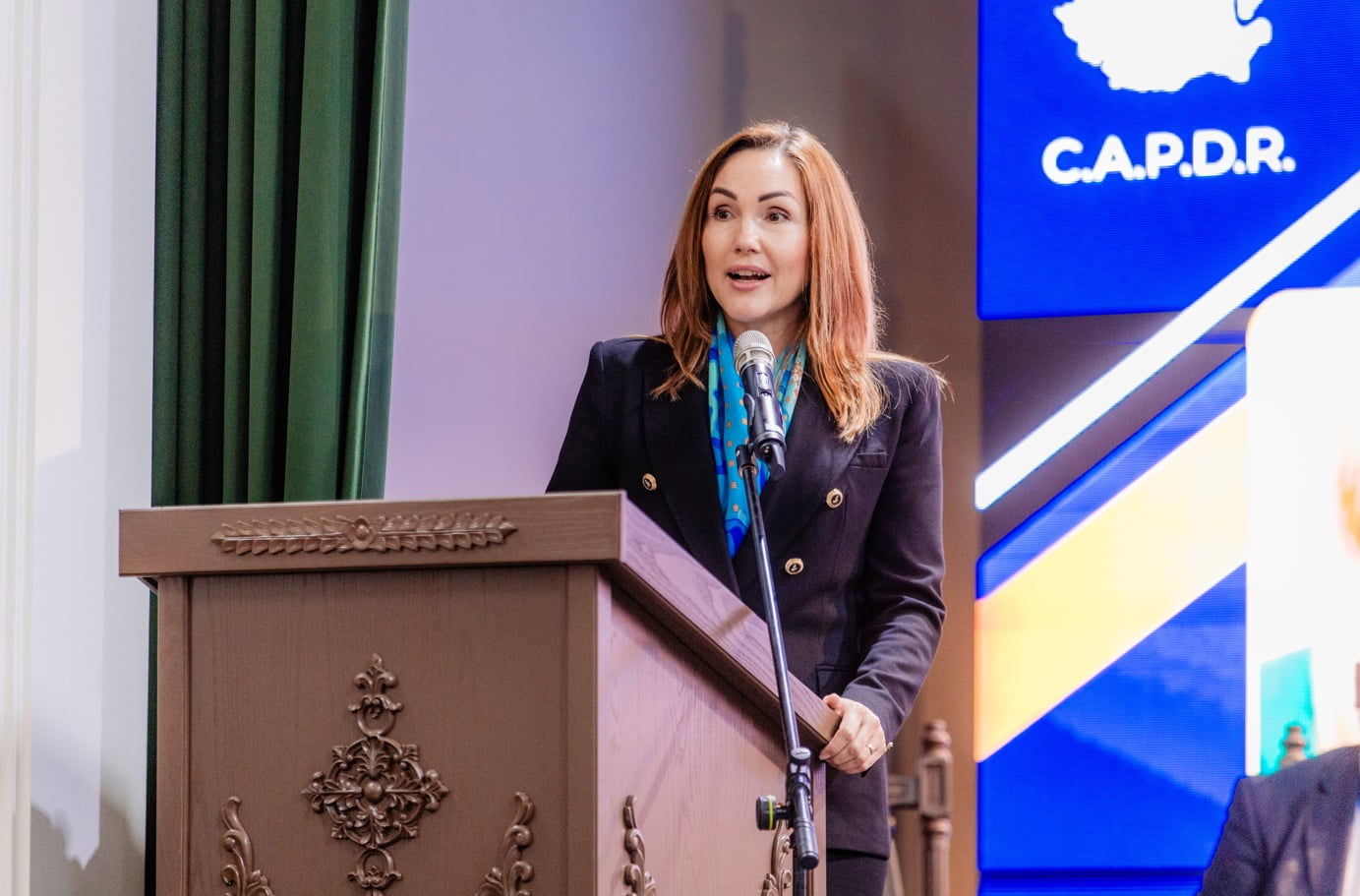
Moldova Invest: FERM 2024 | Message from the Executive Director of FIA Moldova, Ana GROZA
„Investment” Panel
Module IV – Collaboration Romania – Republic of Moldova through the Moldova Region, the XVIIIth Edition of the Moldova Regional Economic Forum, Vatra Dornei, 2024
SPEAKER – Ana GROZA – Executive Director of the Foreign Investors Association of the Republic of Moldova
TOPIC: “The perspective of foreign direct investment in the Republic of Moldova”
Ana Groza, Executive Director of the Foreign Investors Association of the Republic of Moldova, presented an analysis of foreign direct investments (FDI) for the period 2012-2022 during the Investment Panel at FERM 2024. During this period, FDIs had a crucial impact on the Moldovan economy, significantly contributing to the creation of new jobs, increasing sales revenues, and consequently supporting the consolidation of the national budget, even during external crises such as the 2015 financial crisis, the pandemic, and the conflict in Ukraine.
Enterprise Evolution between 2012-2022
In the past decade, the number of enterprises in the Republic of Moldova has steadily increased despite major economic crises. The 2015 financial crisis reduced the number of local enterprises with private capital by 5.1%, but had less impact on enterprises with FDI, which only decreased by 1.9%. The pandemic had a more severe impact on FDI enterprises, reducing their number, and the conflict in Ukraine discouraged foreign investments. „In 2022, the number of enterprises with FDI reached 3,908, the lowest in the past ten years. Between 2012 and 2022, the share of enterprises with FDI decreased from 8.5% to 6.2%, due to the reduction in the number of mixed-capital companies”, Ana Groza stated.
Structure and Size of Enterprises
In 2022, Moldovan enterprises had an average of 8.5 employees. Public enterprises and those with public participation were the largest, with 92 and 97 employees respectively. Enterprises with FDI had an average of 20.8 employees, while local private enterprises had only 5.8 employees. The average monthly labor cost in enterprises with FDI was 74% higher than in local private enterprises. Mixed enterprises reported an average cost of 14.4 thousand lei per employee, while foreign enterprises reported 11.8 thousand lei. Enterprises with FDI contributed 15.7% to the state social insurance budget.
Foreign Direct Investments in Moldova
Global foreign direct investments decreased by 12% in 2022, but in Moldova, they reached a record of 586.4 million USD, increasing by 50% compared to the previous year. This indicates the stability of foreign investors’ confidence in the Moldovan economy. EU investors dominated direct investments in Moldova, with Cyprus, the Netherlands, Romania, the UK, and Bulgaria leading. Moldova averaged 6.4 Greenfield projects per year between 2012 and 2022, lagging behind other countries in the region.
Contribution of FDI Enterprises to the National Economy
FDI enterprises make a significant contribution to the Moldovan economy. Although they represent only 6.2% of the total number of enterprises, they create 15.4% of jobs, 28.2% of sales revenues, and 25.1% of income taxes. They also hold 24.2% of fixed assets and contribute to productivity and labor remuneration. In conclusion, FDI enterprises remain essential for the economic development of the Republic of Moldova, demonstrating higher productivity and significantly contributing to the national budget and job creation, despite external challenges and economic crises.
Ana Groza’s presentation highlighted that enterprises with foreign direct investments (FDI) have played a crucial role in the economy of the Republic of Moldova from 2012 to 2022, showing resilience in the face of crises and significantly contributing to job creation, sales revenues, and the state budget. Although they represent a small percentage of the total number of enterprises, they have much higher productivity and labor remuneration, which helps increase living standards and economic stability. Foreign direct investments continued to grow, indicating investors’ confidence in Moldova’s economic potential.












